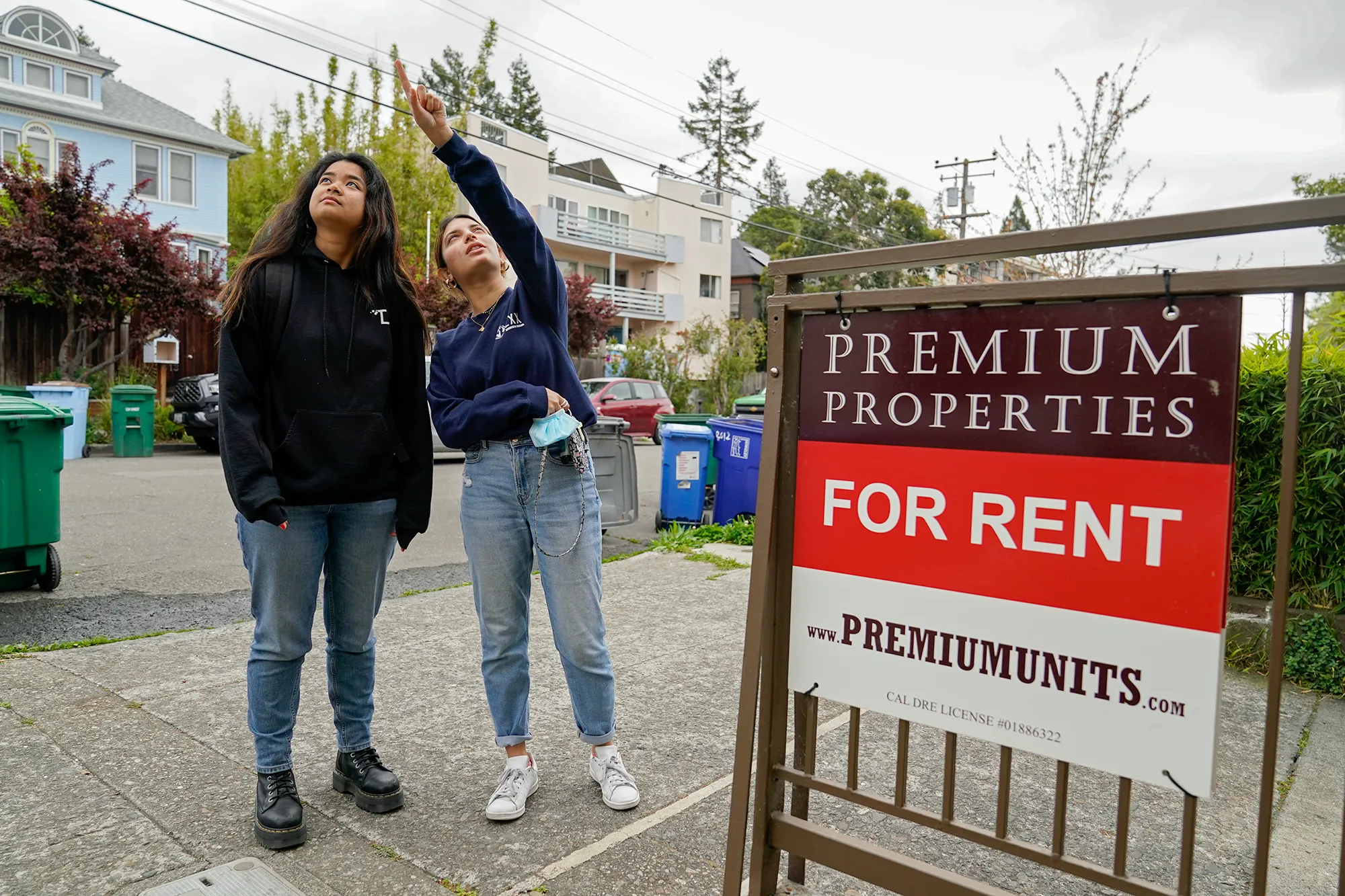Recently, a state committee in California took a significant step to protect tenants from large rent increases. They passed a rule stating that landlords of new low-income housing can’t raise the rent by more than 10% per year.
This rule applies to all future developments built with the help of Low Income Housing Tax Credits, a program that funds about 20,000 new units each year.
Similar to a law passed in 2019 for other tenants, this cap on rent increases aims to ease the financial burden on renters. It restricts annual increases to either 5% plus inflation or 10%, whichever is lower.
While this rule doesn’t directly cover existing low-income units financed by tax credits, most property owners are expected to comply. This compliance is necessary for property owners who need approval from the state committee to sell their properties or obtain new tax credits for renovations.
The decision to impose this cap closes a perceived loophole in state law. Previously, some landlords of affordable housing units were able to increase rents significantly during periods of high inflation, causing financial strain for tenants earning below-average incomes.
However, some tenant advocates feel that the cap doesn’t go far enough. They argue that low-income renters should be protected based on their individual income levels, similar to other affordable housing programs.

In response, organizations like the Alliance of Californians for Community Empowerment are working to introduce local ballot measures in several cities to impose stricter rent caps, ranging from 3% to 5%.
California lawmakers initially excluded affordable housing from rent control laws, leading to frustration among low-income renters and advocates. This recent rule aims to address some of these concerns by placing limits on rent increases in low-income housing projects.
Related Articles:
- Massive Tesla Supercharger Site Set to Emerge in Florida
- Gainesville Residents Rally Downtown Against Florida’s Abortion Ban
- Eclipse Update: Latest Cloud Cover Data and Texas Severe Weather Forecast Unveiled!
Despite initial resistance from nonprofit affordable housing developers, the new rule includes provisions for landlords facing financial challenges. Landlords can request waivers from the cap under certain circumstances, such as when rent increases are necessary for the property’s financial stability.
Overall, the introduction of this rule marks a significant step toward protecting low-income tenants from excessive rent hikes in California.







+ There are no comments
Add yours